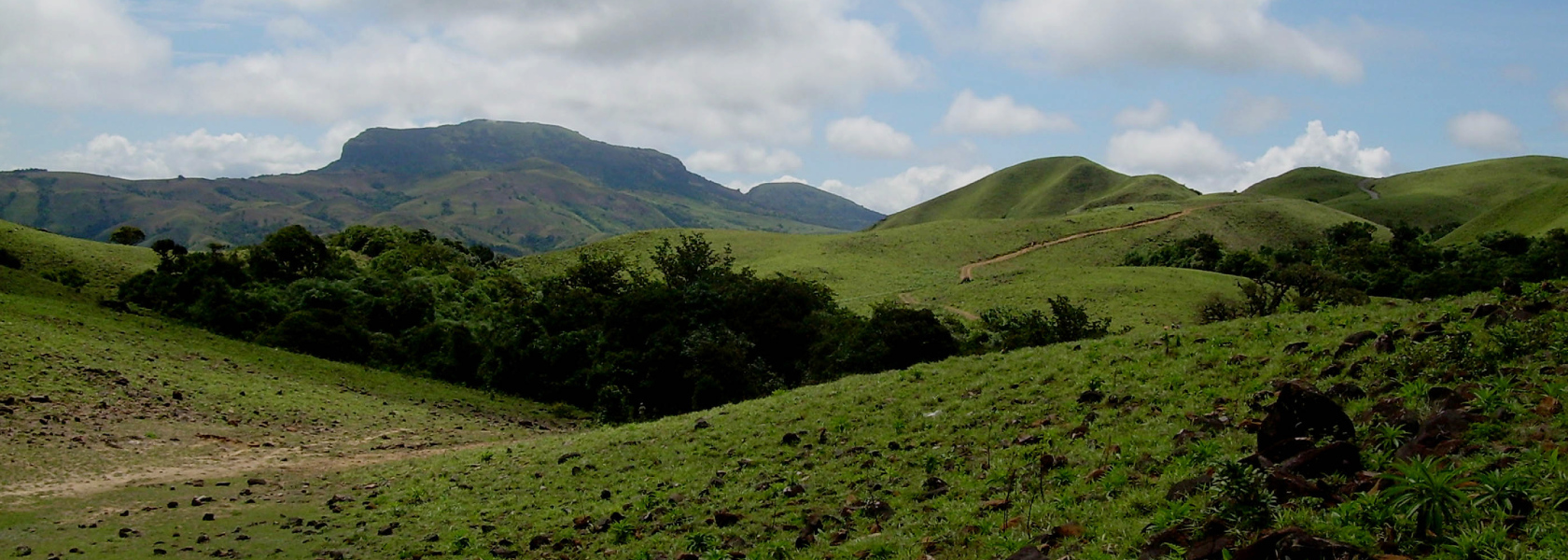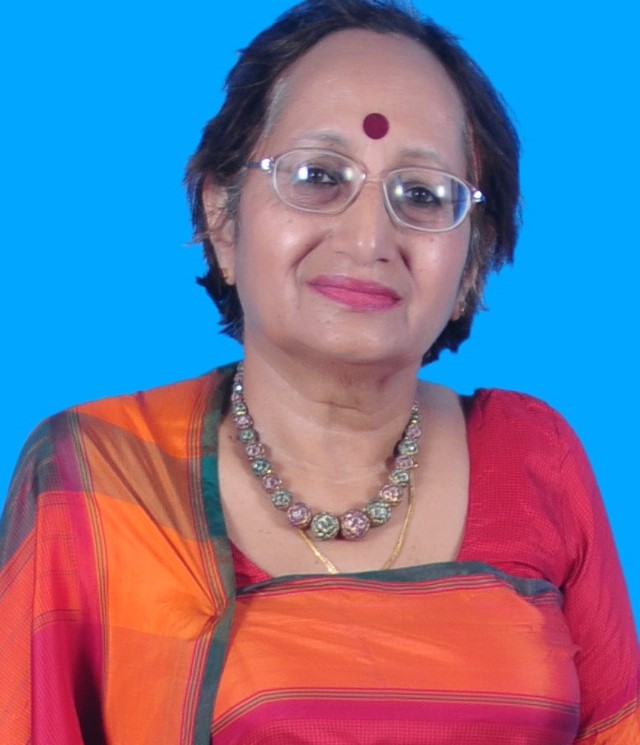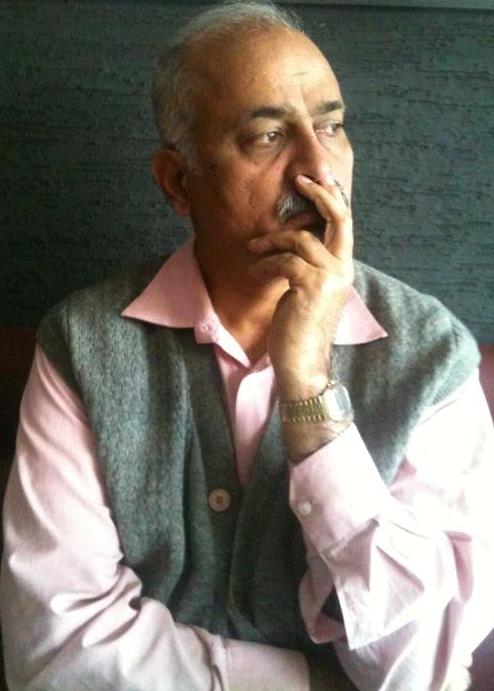
Blogs
KODAVA GODS: MALE GOD IGGUTHAPPA PRESIDES OVER AGRICULTURE. RIVER GODDESS CAUVERY IS GIVER OF LIFE

By Dr Veena Poonacha*
This paper has argued for the need to rethink development policies in Kodagu (Coorg) since the current model of economy is based on the overutilization of natural resources. It calls for the existence of a sustainable worldview that conserves biodiversity.
The lives of forest people, living in the tropical forests, was not necessarily easy; and yet the idea of the sacredness of the web of life prevailed. The representation of the sacred in Kodava cosmology was both male and female.
If the male God Igguthappa presided over agriculture, it was the river goddess, Cauvery, who was the giver of life. Similarly, if the hunter God, Ayyappa, and the protector of animals, Muthappa, were represented in the sacred groves, the mother goddesess Bagavathi, Badrakali and Chamundi were worshipped in other groves. These mother goddesses are not benign consorts of male gods, they are ferocious and independent, like nature herself.
The philosophical underpinnings of this sacred cosmology contrasts sharply with the values of domination over the earth was ushered in by colonialism into Kodagu less than 200 years ago. Colonial policies defined forests as ‘wasteland’ and trees were assessed for the commercial value rather than their intrinsic worth.
The continuation of this model of development after Independence has exacerbated the destructive trends. The introduction of coffee economy has contributed historically to the destruction of forests. It is now seen as eco-friendly and is labelled as ‘private forests.’
This change in nomenclature serves to statistically conflate the total area under forests. It also provides the rationale for the sale of forest land to other private enterprises. There is community rancour against these changes.
The Coorg Wildlife Society and Save the River Cauvery Campaign are struggling to protect the environment. There is political demand to break away from Karnataka in order to protect the land. Their voices remain muted because of their lack of numerical strength. The way forward is to involve the forest communities in decisions affecting the land use in Kodagu as envisaged in the Forest Rights Act of 2006.
*Dr Nervanda Veena Poonacha (in picture) is a sociologist and women’s studies scholar. In this study, Veena explores the cultural ethos of an indigenous community called the Kodavas (Coorgs) in South India. Living as they do on the summits and south-eastern slopes of the Western Ghats, this community has evolved a cultural ethos that celebrates the interconnectedness of all life forms–the land, the birds, the animals and the trees. This acknowledgement of the sacredness of the earth in their cultural ethos, is evident from the existence of many forest shrines and sacred groves in the region. Hunting or even cutting down of trees in these sacred groves was proscribed by their religious beliefs. Moreover, the gods they worship are the presiding deities of agriculture and animals. The evolution of such a culture is linked to the agricultural economy of the people.
Images

NEW FASHION TREND: SILVER SHINE FOR KODAVA (COORG) JEWELLERY
By P.T. Bopanna In keeping with changing trend, it has become a new fashion to customise the traditional Kodava gold […]

THE TRANSFORMATION OF KINGFISHER SUPERMODEL RADHIKA BOPAIAH
By P.T. Bopanna There is a wrong assumption that a professional model only has a body and no mind. And […]

